OPINION: Don’t relax social distancing rules
It is easy to feel like the virus is not an issue anymore, but it is important to stay vigilant
It is easy to still not get the correct information about COVID-19, but it is still important to keep social distancing.
April 20, 2020
As I write this, I’m thinking about my initial reaction to the coronavirus. I remember thinking, desensitized as a kid by frenzies over new pandemics that ended up fizzling out, that this was not going to be an issue. Maybe a few hundred people would die, but more than that die from the flu, right? Right?
I was wrong. As it turns out, we all were. Led astray by the Chinese government’s drastically underreported death toll, and our own government’s often confused response to the disease, we were not ready for this virus.
“I am confident every public health official, epidemiologist, and physician considers our response a failure—we were not ready and ignored the warning signs,” said Guy Palmer, the WSU Regents professor of pathology and infectious diseases, in an email. “While SARS, Ebola, and MERS all were ‘warning shots,’ we remained unprepared for widespread transmission into and across the U.S. The time to ensure we are ready to detect, test and respond — and have the training, supply chains and facilities to deal with a pandemic — is before, not during a pandemic.”
In fact, the global response to the virus has made it extraordinarily controversial. I reached out to two WSU epidemiology and infectious disease scientists, Professor Timothy Baszler and Professor Lauren Charles, but both declined to comment.
“I have a feeling that these questions are a bit too controversial for me to answer as an employee at a National Lab,” Charles said in an email, and a representative for Baszler said virtually the same thing. (Some of the questions were about the governmental response to the virus and whether the US government had failed to adequately prepare for an outbreak, so you do the math on that one, dear reader).
Even the cure, it seems, is too bland for reality. The byline of the response movement has been “stay home.” Don’t interact, don’t go out but stay inside, hide and wait for this to pass. Gather your loved ones safe. Protect your elderly. Someday, this will end.
This seems so antithetical and counterintuitive to our natural instinct as Americans. This is the country that stopped the Nazis and put a man on the moon, and now we’re being told to stay home?
This sentiment extends to the highest levels of government. President Trump has been talking about reopening the national economy, after slumps in the stock market and mass unemployment seem to threaten the very fabric of our economic system. With 22 million unemployed and the stock market showing near-freakish volatility, many companies and investors are exhibiting doubts about the future of the American economic infrastructure.
These are all valid and logical doubts to have; in fact, it’d be imprudent not to worry about the economy in the face of a national pandemic. The problem isn’t with the concern; the problem is when people start to push for a loosening of quarantine and a reopening of the economy, when to do so would only push us farther into a national emergency.
Staying separated has worked, as it’s slowed the spread of the virus. It’s given healthcare workers and researchers time to address the problem of treating and vaccinating patients. With a publicly available vaccine still in the research stage, it’ll be 12 to 18 months by some estimates before we see a mass rollout of vaccinations to the public at large.
The only thing that will give us the upper hand is by maintaining our current course of action: stay separated. Stay isolated. Stay safe.
Soon, maybe there’ll be room to talk about reopening certain sectors of the economy, when we’ve worked out a plan to keep workers safe and the virus spread can be halted.
“My best guess is that individual protective measures, testing and quarantine will be with us at some level, at least until a vaccine is widely deployed,” Palmer said. “However, at present there is no evidence that there is widespread immunity.”
The economy needs to take a backseat to the safety of our most vulnerable: the elderly, the immunocompromised, the young, the healthcare workers and others that have the potential to be the most affected by the virus. The disaffection people feel is normal, and workers are right to be frustrated, but it’s a situation we have to address while we still have the chance.
Until this is over, we have long weeks of isolation to look forward to and sometimes it seems that there is no end in sight. To that, I say: we can make it through this. As a population and as a species, we’ve seen much worse. This will end.

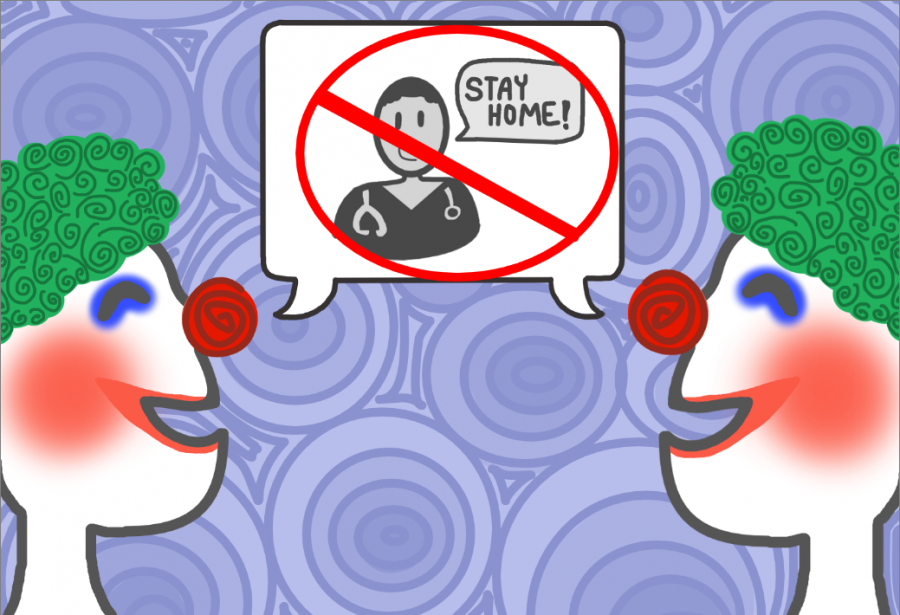





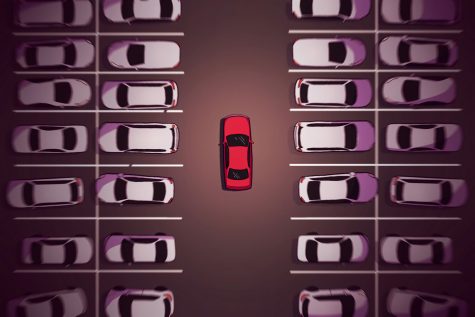
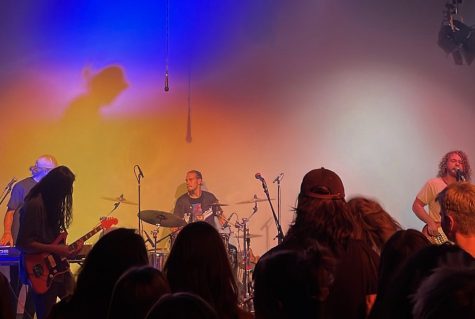
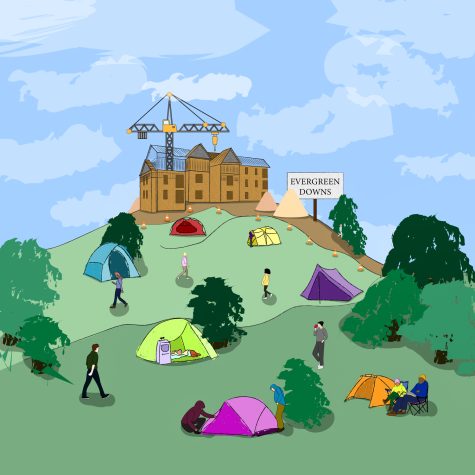
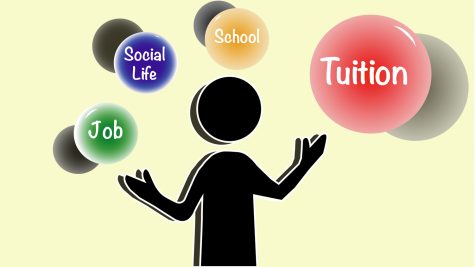
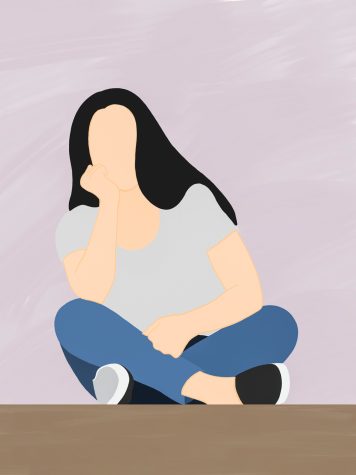
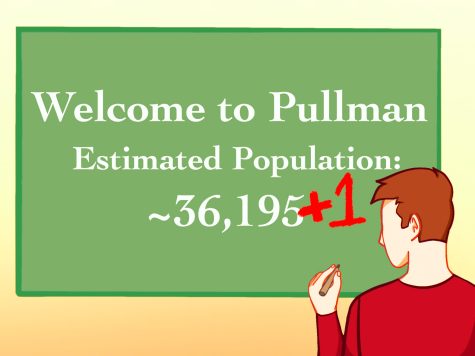

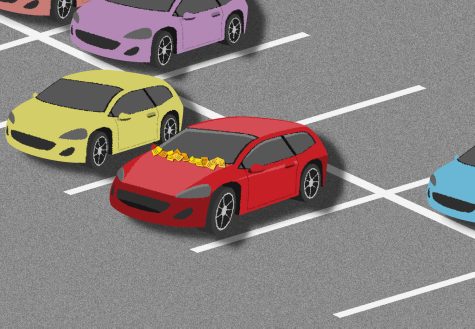
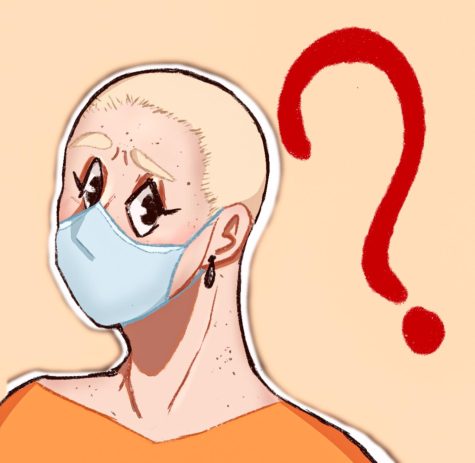


Greg • Apr 20, 2020 at 4:34 pm
This isn’t even agreed upon among epidemiologists: “Staying separated has worked, as it’s slowed the spread of the virus.” Look up “horizontal interdiction” to get an idea how “staying separated” can actually increase infection. And you are promoting pure superstition by claiming that “the young” are vulnerable. Every credible study of this virus has shown it targets the elderly and immunocompromised and has the least effect on young people.
Matt • Apr 20, 2020 at 2:50 pm
I like the cartoon